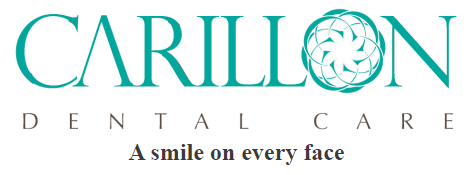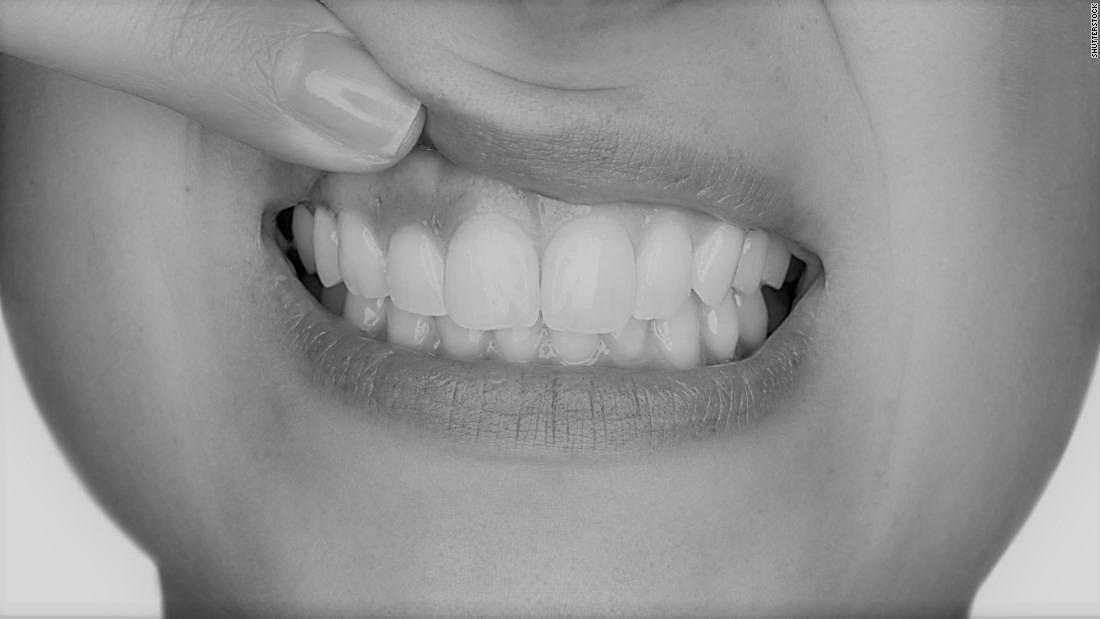Gum Disease
What is Gum Disease?
Gum disease is a condition that has several causes.
Gingivitus – The first stage of Gum Disease (irreversible)
This is swelling and inflammation of the gums; most commonly caused by plaque bacteria from poor dental hygiene or simply using an incorrect technique that is not removing plaque from the gumline effectively. This inflammation can be easily be resolved, with no lasting damage to gum health with education and a good brushing and interdental cleaning routine at home
Periodontitis – The second stage of gum disease (irreversible)
This stage occurs when gingivitis has been left untreated and ineffective plaque control has caused the bacteria to attack the tissues under the gum that hold the tooth into the bone. This stage can be treated and depending on severity can often be stabilised but not reversed
Once you have periodontitis, you will always be at risk of progression, even if you have been or previously been considered stable.
Regular dentist and hygiene visits as frequently as 3 monthly may be required to manage and stabilise the condition but a good oral hygiene routine at home is paramount to provide the best possible chance of stabilisation.
FAQ’s
DO I HAVE GUM DISEASE?
If you have gum disease, the chances are that you have had some warning signs; some inflammation and bleeding. It is important to note that many patients do not notice symptoms for example smokers may not experience any bleeding gums, which is why it is so important to have regular visits with your dentist/ hygienist, to ensure that it is diagnosed in its early stages and managed properly to prevent progression.
HOW WOULD I KNOW?
If your gums bleed when you brush or clean interdentally, if your gums appear red, puffy or swollen or you spit blood after brushing or wake up with blood in your mouth
Do your gums feel sore/ tender?
Do you suffer from bad breath?
Do you feel a dull ache around your teeth (more commonly around the back teeth)?
See your dentist/ hygienist if you are concerned, the dental team are highly trained to diagnose, treat and manage gum disease.
WHAT ARE THE CAUSES & RISK FACTORS?
Risk factors are underlying health conditions, social habits and other influences which contribute to gum disease.
Smoking, diet, dental neglect, certain prescription medications, recreational drug use, stress, hormones, diabetes and autoimmune diseases are all examples of risk factors. This is just one of the reasons why it is so important that your dentist/ hygienist has a detailed medical and social history, in order to identify possible causes and how best to diagnose, treat and manage the condition.
WHAT COULD I DO TO PREVENT GUM DISEASE?
Clean interdentally daily
Smoking cessation
A balanced diet and healthy lifestyle
Drink plenty of water
See your dentist regularly and visit the hygienist if it is advised
See the oral health educator
HOW IS GUM DISEASE DIAGNOSED?
Gum disease can often be visually obvious to the trained eye, even if you have not noticed any symptoms yourself.
Dentists and hygienists will complete a ‘BPE’ score, which is a Basic Periodontal Examination. This score ranges from 0 (best score) through to 4 (which would indicate more severe gum disease. The highest reading for each of six areas of the mouth is recorded.
HOW IS GUM DISEASE TREATED?
Your dentist/ hygienist may advise that you require a scale & polish if your BPE score is low. If your BPE score is higher, then a deeper scaling session below the gum line may be required and you may be advised to attend more regularly.
WHAT HAPPENS IF GUM DISEASE PROGRESSES?
If gum disease is poorly managed i.e. your plaque control at home is poor and/or you have other risk factors (as mentioned above) and you are not compliant with advice given or you decline/ don’t attend for treatment, then the tissues, ligament and bone that hold your teeth in place may become affected. This can result in tooth mobility and subsequently tooth loss.
It is important to note that as with most disease, it is much more easily managed and stabilised at an early diagnosis than once it has progressed. Early diagnosis, management, treatment and good home care along with regular progress/monitoring visits will give us, the dental team and you the patient, the best possible chance of saving your teeth and maintaining a happy and healthy mouth.
WHAT ACTION SHOULD I TAKE?
Book in to see a dentist at Carillon Dental Care who will assess your needs appropriately and provide you with a treatment plan tailored to you.
Our friendly and reassuring team will answer any concerns or queries you may have and will put you at ease if you are nervous about visiting the dentist or about dental treatment.
- ATTENDANCE
- DIAGNOSIS
- EDUCATION
- TREATMENT
- SUCCESS
“Let us help you and help you to help yourself”
written by Georgina Cragg Dental Hygienist/Therapist at Carillon Dental Care

